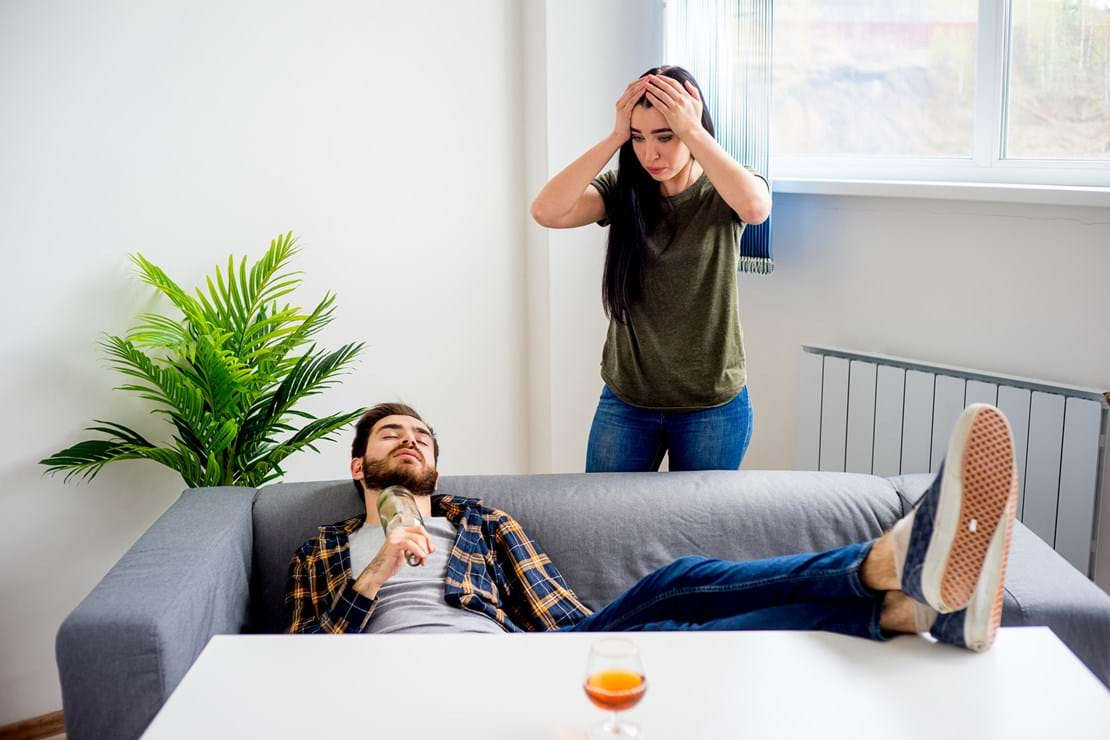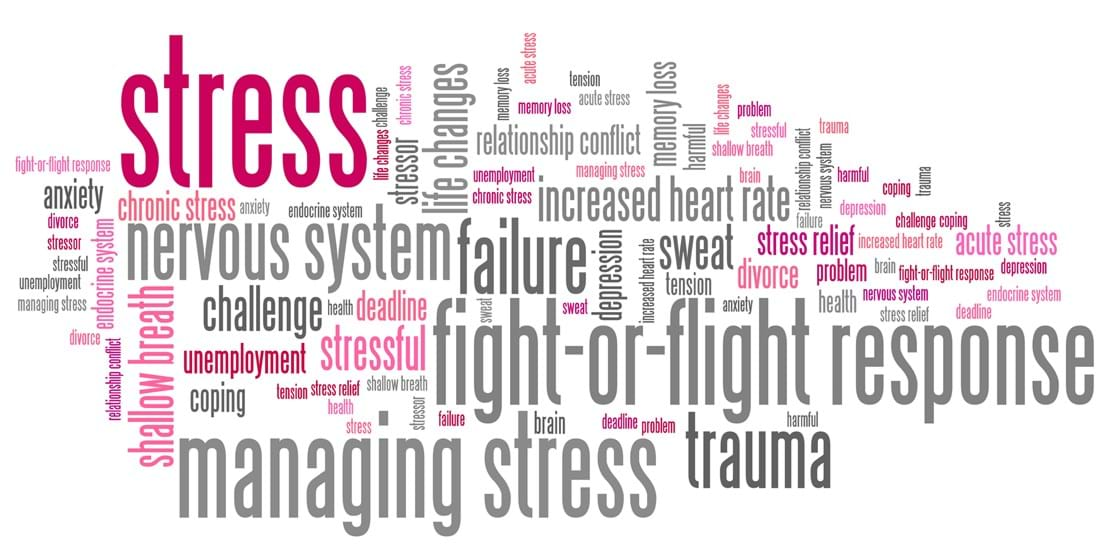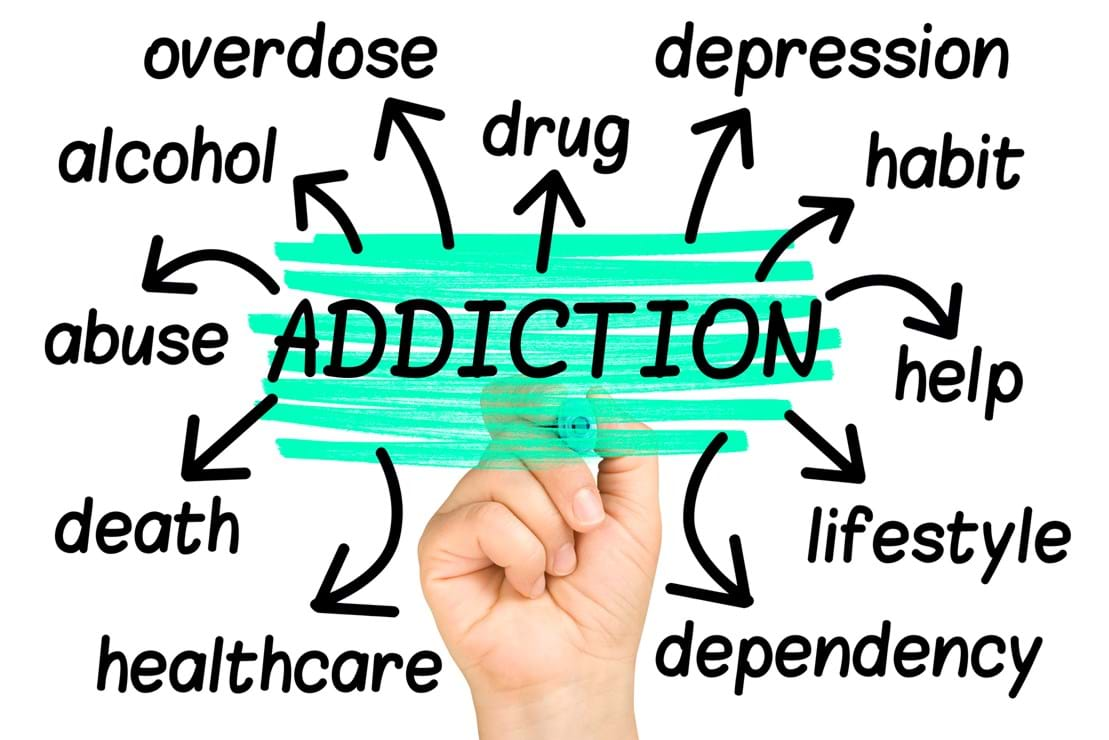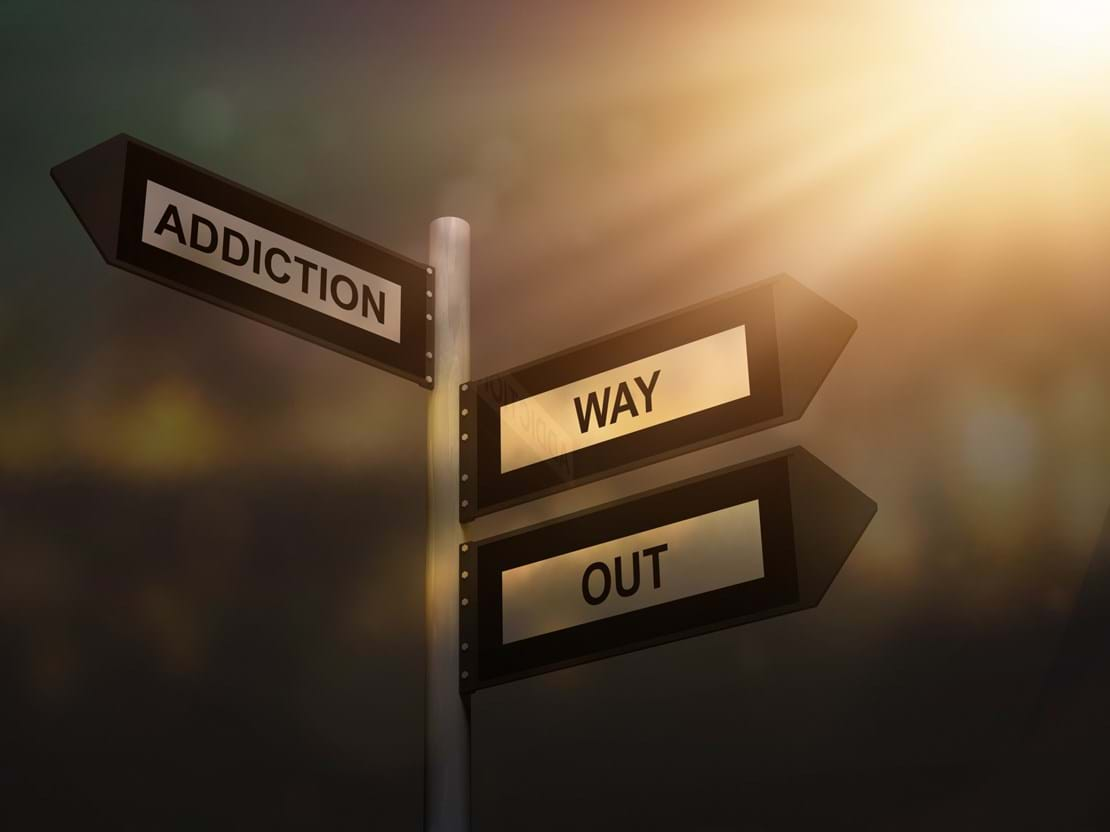what is a Recovery Routine?
How Drug Rehabilitation Services prepared me for my life after rehab (Recovery Routine)
Life was challenging in the early days of my recovery from ice addiction. Everything was in sharp focus, and I felt as if all my nerve endings were exposed; a look, a careless word sent me into a paranoid, self-obsessed black hole, and I felt as if I was feeling everything for the first time, but not in a good way.
The treatment centre I had left advised me it would be hard, but I hadn't realised how hard. Luckily, during the final weeks, I was introduced to my aftercare program; I can tell you now that I hung onto that aftercare as if my life depended on it because, in reality, it did.
At the end of my use, I wasn't eating, my hair was falling out, and life was bleak. My daily recovery program broke the day down into small steps that, if I completed one at a time, helped me to deal with the overwhelming reality of life without drugs.
Some of the components of my daily program included:
WAKING UP
I was waking up slowly. Shocking urgent starts to my day were not ideal.
When I first woke up, I monitored my physical state.
If I was having one of those awakenings where I was anxious, my breathing was shallow and rapid, and my heart was beating quickly, I would slow myself down and centre myself before getting out of bed.
I learned to breathe slowly and deeply. Listening to Smiling Mind helped – counting to 5 when living in and when I breathed out.
Once my heart rate slowed and I felt centred, I would get out of bed.
PRAYER AND MEDITATION
I was told in rehab that meditation and prayer are what many recovering addicts use to give them a positive start for their day. I could understand the Meditation part, but the prayer part initially felt a little kooky.
However, when I learned about how many people have been helped by prayer, and I started to do it myself, to my surprise, I discovered that it calmed me and made me feel peaceful, which was so unbelievably different from how I had felt in a long time.
My daily practice started when I first woke up with my breathing, some time for contemplation, and a short prayer.
Many people start their day with a prayer asking for a drug-free day. They then may go on to ask for help for personal issues that are causing them pain or that they wish to change.
Some people ask for help to accept their higher powers' will for the day and the capacity to live a valuable and positive life.
I realised it doesn't matter what or who you are praying to. Each time I pray and continue to pray, I admit that I don't have all the answers and am willing to ask for help.
I discovered the serenity of prayer and its power to help me throughout the day. At night time before bed, I prayed again and gave thanks for my day and for the people that I loved.
Daily meditation wasn't easy at first, and I could only really sit still for a few minutes. Slowly that began to change, and I could spend longer in quiet contemplation.
I found that being outdoors in nature made me feel peaceful and connected to the universe; walking was a revelation of sights, sounds and textures – it felt like my eyes had opened for the first time since I was a kid, and that childlike wonder returned.
DIET
It was necessary, and I realised to eat three meals daily, starting with breakfast. I hadn't done this in a long time, so it felt weird. But my appetite returned, and I could shrug off the habitual negativity with food. My mood improved when I ate, so it made sense not to let myself get too hungry.
I got a kick out of buying excellent food for myself and, over time, moved away from some of my unhealthier food choices to nutritious food that gave my body energy and sustenance.
EXERCISE
Joining my local gym was a big part of my early recovery. A healthy body equals a healthy mind. I joined my local gym and began to work out.
It helped everything, my eating, my sleeping, my excessive thinking and eventually, I gave up cigarettes! The huffing and puffing stopped, and I felt strong and in control. Getting a natural high from the release and rush of endorphins was far better than the synthetic rush's havoc on my life. As my body got more robust, so did my Mind.
I attended the gym three times a week for an hour each time.
Swimming, running, and walking are cheap, so I also did this and made it a social time by asking friends to meet me in the park or at the pool.
I was warned not to overdo it, though and that if there was a chance that I was over-exercising, I should reality check with someone I trusted.
DOMESTIC TASKS
For the first time since I could remember, I made my bed and put away my dishes after I finished using them.
Having the time and space finally to get things done and live in a place that I was proud of was satisfying. It didn't feel like a chore to look after my living space. The little things made me happy, like having clean towels and bed linen.
GOING TO MEETINGS
Going to meetings was non-negotiable and a new and improved habit that I picked up in the treatment centre.
My aftercare plan revolved around daily NA meetings.
I heard a strong message of recovery at meetings, and it helped to meet people who were just like me and had found a way out of the madness of addiction into an every day, drug-free life.
I learned that I wasn't alone, that I wasn't unique, that I was suffering from the disease of addiction and that there was a solution to this in the 12 steps.
My sponsor guided me through the steps, and my life changed. I stopped blaming everything and everyone else for my problems and was forced to honestly look at myself and the havoc and wreckage I had caused.
I did inventory, I was able to make amends, and the program of recovery helped me to tap into a power greater than myself to help me stay clean one day at a time.
TIME FOR REFLECTION
I got into the habit of journaling and reflecting. I stopped rushing and started to feel more present and in the moment. I stopped taking things for granted and started to see the beautiful nuances of life all around me. Life became beautiful.
These are the questions I asked myself at the end of the day.
- How am I feeling?
- Is there something I need to change?
- I there something I need to talk about with other members?
- Is there something to ring my sponsor about?
- Have I handled something differently today?
- Have I treated other people the way that I wanted to?
- Am I able to be grateful for what I have today?
- Are there amendments that I have to make today?
- Is there something I need to pray for today?
SLEEP
When I first went into treatment, there were black circles under my eyes from lack of sleep. It felt like I had been up for years, high on ice. My mood was all over the place; I was unpredictable, prone to outbursts of anger and frustration - sleep seemed like a foreign universe to me.
So sleep, and I had a very tenuous relationship at first. I had to get back into a routine of eating, exercising and sleeping. Everything I did in my daily recovery plan helped me to sleep; it all worked together.
Drinking coffee late in the night, staying up listening to loud, energetic music or watching stimulating TV will not assist us in falling asleep. I cut that all out at first, and then as standard sleeping patterns returned, I re-introduced things like coffee and loud music.
I can say that I am now a good sleeper.
IF AT RISK OF USING, WHAT CAN WE DO?
I contacted people daily, and if I wasn't at a meeting talking to other addicts, I was on the phone with my sponsor.
When triggered, I picked up the phone instead of picking up a drug.
I relied heavily on my support group and realised that if I asked for help, it was there; finally, I wasn't trying to run the show myself, I put into action the suggestions and advice people gave me, and it helped me a great deal to get through my early recovery.
ASV staff provide programs that experienced, qualified industry professionals deliver.
For more information, call Jason on 03 8374 7648
Email jason@addictionsolutionsvictoria.org.au
addictionsolutionsvictoria.org.au - addictionsolutionsgeelong.org.au
To access additional information and support, visit the Collective Recovery Support Network.





